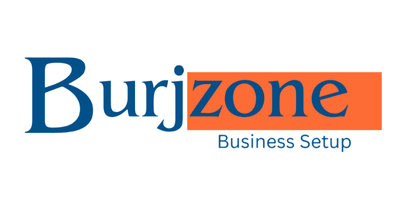Our Blog
Home / Blog
Preparing for a Regulatory Inspection in UAE: Checklist by Industry
Regulatory inspections are becoming more frequent and detailed in the UAE as authorities aim to ensure higher levels of compliance across sectors. Whether your business is based in Dubai Mainland, Abu Dhabi Free Zones, or Sharjah Industrial Areas, inspections from bodies such as the Federal Tax Authority (FTA), Ministry of Economy, or Dubai Municipality are part of doing business.
This guide provides a practical checklist by industry to help you prepare for inspections and avoid penalties, delays, or business disruptions.
1. Why Regulatory Inspections Are Increasing in 2025
With the expansion of Corporate Tax, VAT enforcement, ESR (Economic Substance Regulations), and AML (Anti-Money Laundering) regulations, government agencies are ramping up field visits, system checks, and documentation reviews to enforce compliance.
Inspections may cover:
Financial statements and audit reports
Trade licenses and permits
HR records and labor law compliance
Environmental and safety practices (for manufacturing or food sectors)
2. General Checklist for All UAE Businesses
Valid trade license and copies of amendments
Updated lease agreement for office or warehouse
Clear financial records (last 5 years)
Updated company policies (HR, data privacy, compliance)
VAT registration and return filings
Corporate tax registration and supporting documentation
ESR notifications and reports (if applicable)
AML policy and risk assessments (if in scope)
3. Checklist for Consulting & Service Firms (e.g., Dubai Media City, Abu Dhabi Global Market)
Time tracking logs for billable hours
Staff employment contracts and Emiratization compliance
Proof of UAE-based operations for ESR
Client engagement letters and payment receipts
Marketing and advertising compliance records
4. Checklist for Trading & Logistics Companies (e.g., JAFZA, Sharjah Airport Free Zone)
Inventory records with import/export documentation
Customs declarations and bills of lading
Invoices and receipts for all transactions
Transport contracts and insurance certificates
Warehouse safety and fire compliance certificates
5. Checklist for Manufacturing & Industrial Entities (e.g., Dubai Industrial City, Hamriyah Free Zone)
Health, Safety & Environment (HSE) policies
Equipment maintenance logs
Material Safety Data Sheets (MSDS)
Waste disposal and pollution control documents
Staff training and emergency drill records
6. Checklist for Financial, Real Estate & Holding Companies
Board meeting minutes and shareholder resolutions
Investment records and valuation reports
IFRS-compliant financial statements
ESR documentation (for holding companies)
Tax residency certificates (if applicable)
7. Preparing for a Surprise Inspection
Many inspections are unannounced. To stay ready:
Assign a compliance officer to coordinate documentation
Train frontline staff to manage inspector visits
Keep a digital archive of all required records
Conduct periodic internal audits
Being inspection-ready is not just about avoiding fines—it builds investor and client trust and ensures smoother operations across Dubai, Sharjah, and the Northern Emirates.
Final Thoughts
Regulatory compliance is no longer optional in the UAE business landscape. From Dubai’s service hubs to Abu Dhabi’s financial zones, each sector must take inspections seriously. Following a tailored industry checklist not only ensures you’re prepared—it keeps your business protected as UAE laws continue to evolve in 2025.
#UAERegulatoryInspection #DubaiComplianceChecklist #SharjahIndustrialAudit #FTAInspectionUAE #ADGMRegulations #CorporateTaxReviewUAE #AMLCompliance2025 #BusinessLicenseUAE #DubaiLogisticsAudit #InspectionReadyUAE
